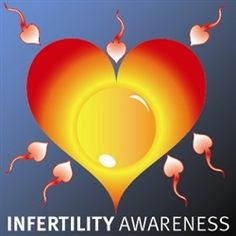This study was undertaken to explore relationships between level of imidacloprid in the serum and semen quality among men farmers in addition to investigating histopathological findings in treated mature male rats. Our research entailed two parts; firstly, human part done on farm workers (n=35) with age between (Mean ± SD 34.3±6.4) and healthy volunteers (n=25) their ages were (35.6±8.2) years old asked to provide semen and blood samples. A significant negative correlation between sperm concentration, motility, with serum and seminal Imidacloprid (IMI), its main metabolite 6-chloronicotinic acid (6- CINA) and cotinine , was identified in farmers (r= − 0.489; p<0.05). Second part of research was done on adult male rats that had been divided into a total of five groups 10 each. Two groups served as control one as negative and the other as positive. The other three experimental groups were given 45, 90 and 450 mg/kg body weight Imidacloprid in corn orally by a gavage process for fifteen days respectively. There was a significant difference in luteinizing hormone (LH), follicular stimulating hormone (FSH), testestrone (tes), Estradiol 2 (E2), prolactin and semen quality in IMI treated rats when compared to control groups. Vacuolar degeneration of germinal epithelium and loss of spermatids, seminiferous tubules suggesting inhibition of spermatogenesis was recorded in IMI treated rats. We conclude that toxic effects to male reproductive system can be considered as an outcome of IMI exposure and infertility problems can be expected in chronically exposed subjects.
Source:
Hafez, et al., Toxicol open access 2016, 2:1
http://dx.doi.org/10.4172/tyoa.1000109

- Login om te reageren
